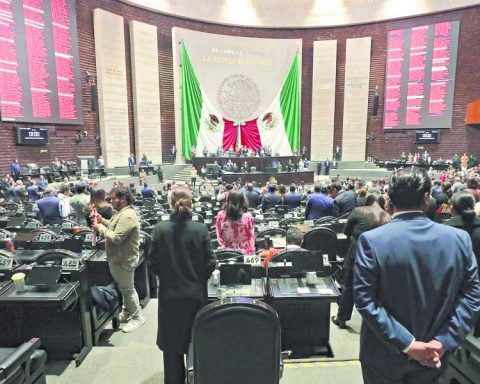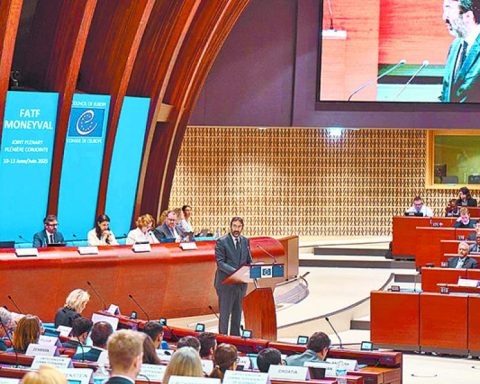Big Data and Artificial Intelligence
For the preparation of the report, LLYC used Big Data and Artificial Intelligence techniques to analyze the conversation of the last five years in Latin America and the United States, processing more than 600 million messages on social networks, between September 1, 2017 and past August 31.
The application of artificial intelligence in the analysis of the volume of messages that are exchanged on social networks was essential to know what is being talked about, how opinions are expressed, who activates the debates and what reactions they provoke.
“In this way, a real image of the moment and evolution of the conversations is obtained, free of prejudices, which facilitates a better understanding of opinion trends, makes it possible to identify those topics of opportunity in which an organization is legitimated to interact and can contribute ideas and valuable content, while detecting the associated risks”, it is explained.
Thus, the study shows that addiction to social networks reaches in certain cases a similar to that of a drug.
This addiction to networks, and especially to polarizing content, generates, both in individuals and in society, symptoms similar to those of a “type c” drug. Symptoms that can be the loss of control, the absorption at the mental level or the serious alteration of the daily functioning of the person, he notes.
“Polarization causes serotonin in our body, which can influence all decision-making,” says Mariano Sigman, neuroscientist and author of “The power of words.”
The exercise was carried out by LLYC in collaboration with experts such as Mariano Sigman, neuroscientist and author of “El poder de las palabras”; Patricia Fernández, clinical psychologist at the Ramón y Cajal Hospital; and Belén Carrasco, Senior Researcher and Associate Director of Eyes on Russia, Center for Information Resilience and also includes a series of pieces developed by the LLYC team.
José Antonio Llorente, founding partner and president of LLYC, assures that the launch of this global campaign occurs because they are very concerned about the normalization of this phenomenon. “Our purpose as a company is to generate trust between people, institutions, companies and brands, and polarization generates the opposite effect,” he points out in the presentation of the study.
In addition, Llorente points out that polarization prevents finding consensus and meeting points between people.
“We have the responsibility to create those spaces for conciliation, relaxation and pause to find a way out of this situation.”
José Antonio Llorente, founding partner and president of LLYC.
The study acknowledges that the causes, scope and consequences of polarization in our societies have already been investigated. Issues such as the social fragmentation caused by the growth of inequality, the weakening of traditional political parties -generally depositaries of moderation- and the consequent rise of populist movements, or the degradation of educational levels appear in all the analyses.
















